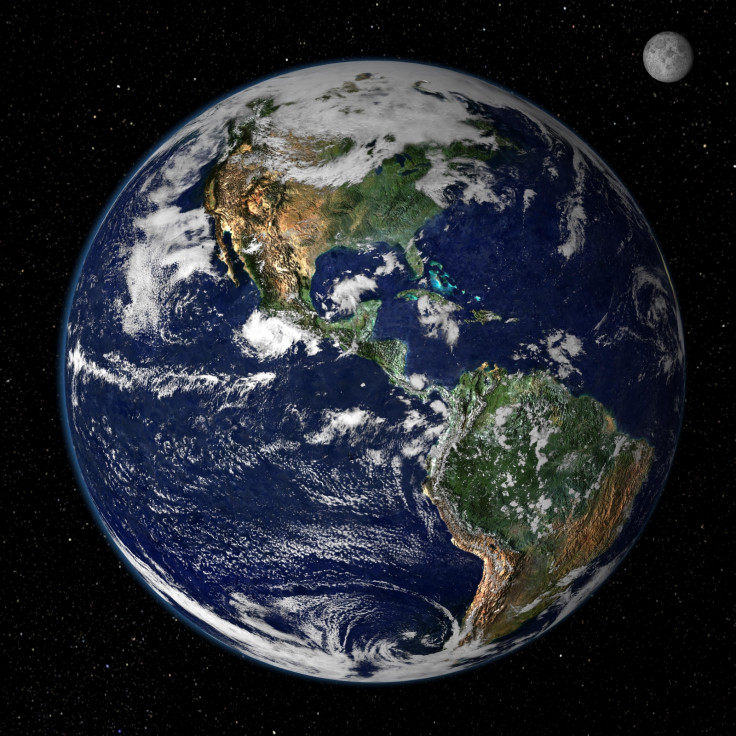Journey through the Earth's centre just got four minutes shorter

The time needed for the journey through the centre of the Earth to the other side has been revised from 42 minutes to 38 minutes.
Where the earlier calculation was made on the assumption of uniform density across the whole distance, the latest one measured by a student at McGill University, Canada incorporates the varying figures for the many layers of the Earth.
Alexander Klotz relied on the Preliminary Reference Earth Model based on seismic data to arrive at the journey time that is four minutes shorter.
The model places Earth's density at less than 1,000 kg per cubic metre at the surface to roughly 13,000 kg per cubic metre at the centre of the core 6,371 km below.
Klotz then numerically deduced that an object should fall through Earth in 38 minutes and 11 seconds, instead of the 42 minutes and 12 seconds predicted, reports Science Magazine.
He assumed the acceleration due to gravity was constant and got almost exactly the same 38 minutes as journey time.
Such a constant force would require a varying density distribution, with a steady increase that doubles when the distance to the centre is halved and peaks to infinity at the centre.
The research was published in the American Journal of Physics.
However, Klotz maintains that 42 minutes is a good estimate of the time required to get between two close points, as against two opposite points.
The time taken to fall along a straight line between any two points depends on the distance but largely falls between 42 minutes for short trips and 38 minutes for long trips, he notes.
It depends on how deep one falls rather than the actual distance on the surface.
The idea to reduce travel time between cities on the Earth by digging tunnels and letting vehicles fall freely and accelerating till the midpoint, and to gradually slow down after that point has been a popular idea touted.
But hurdles like friction caused by air, extreme heat and other issues have deterred any Jules Verne kind of exploration to the Centre of the Earth or beyond.
© Copyright IBTimes 2025. All rights reserved.





















